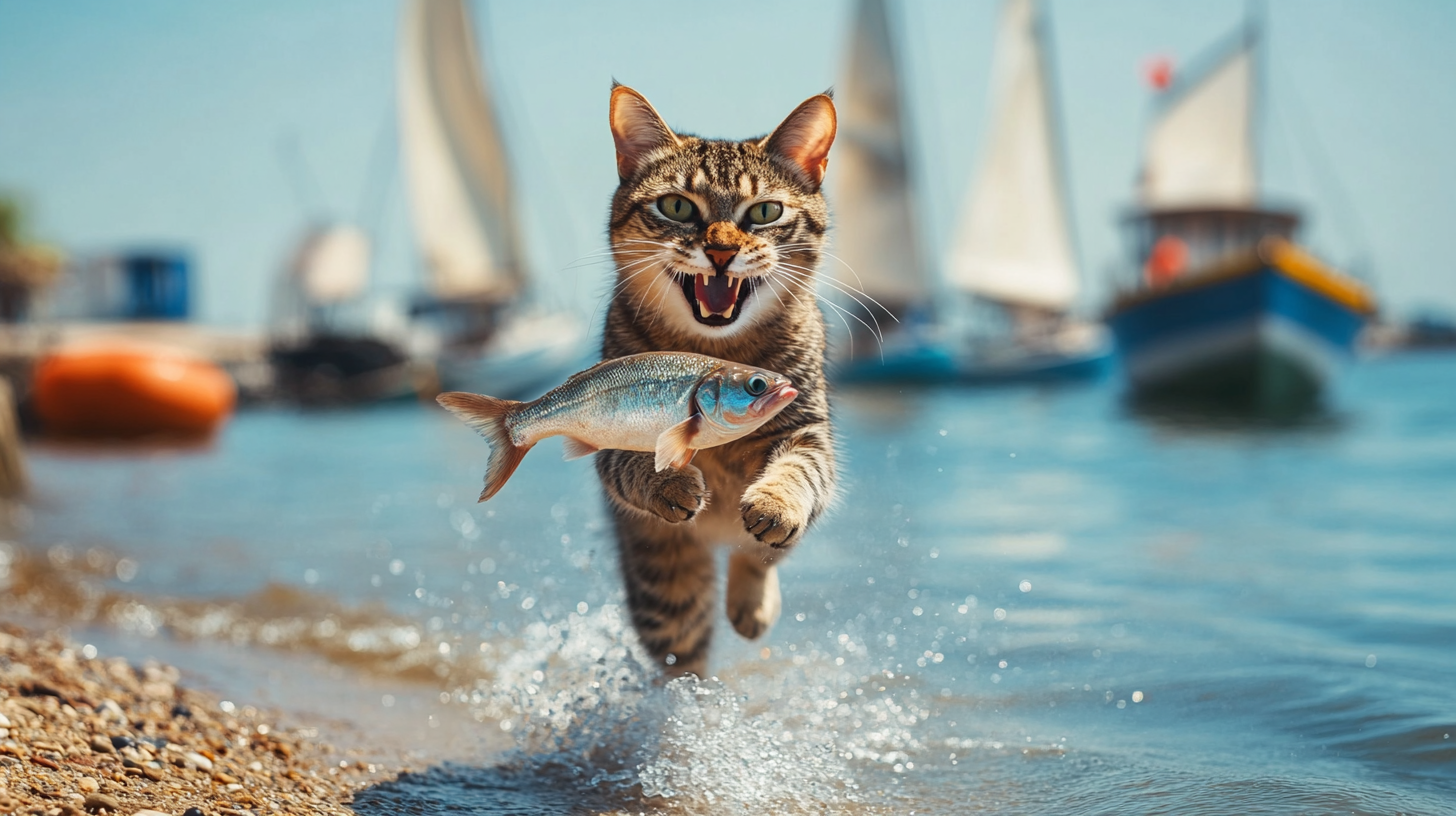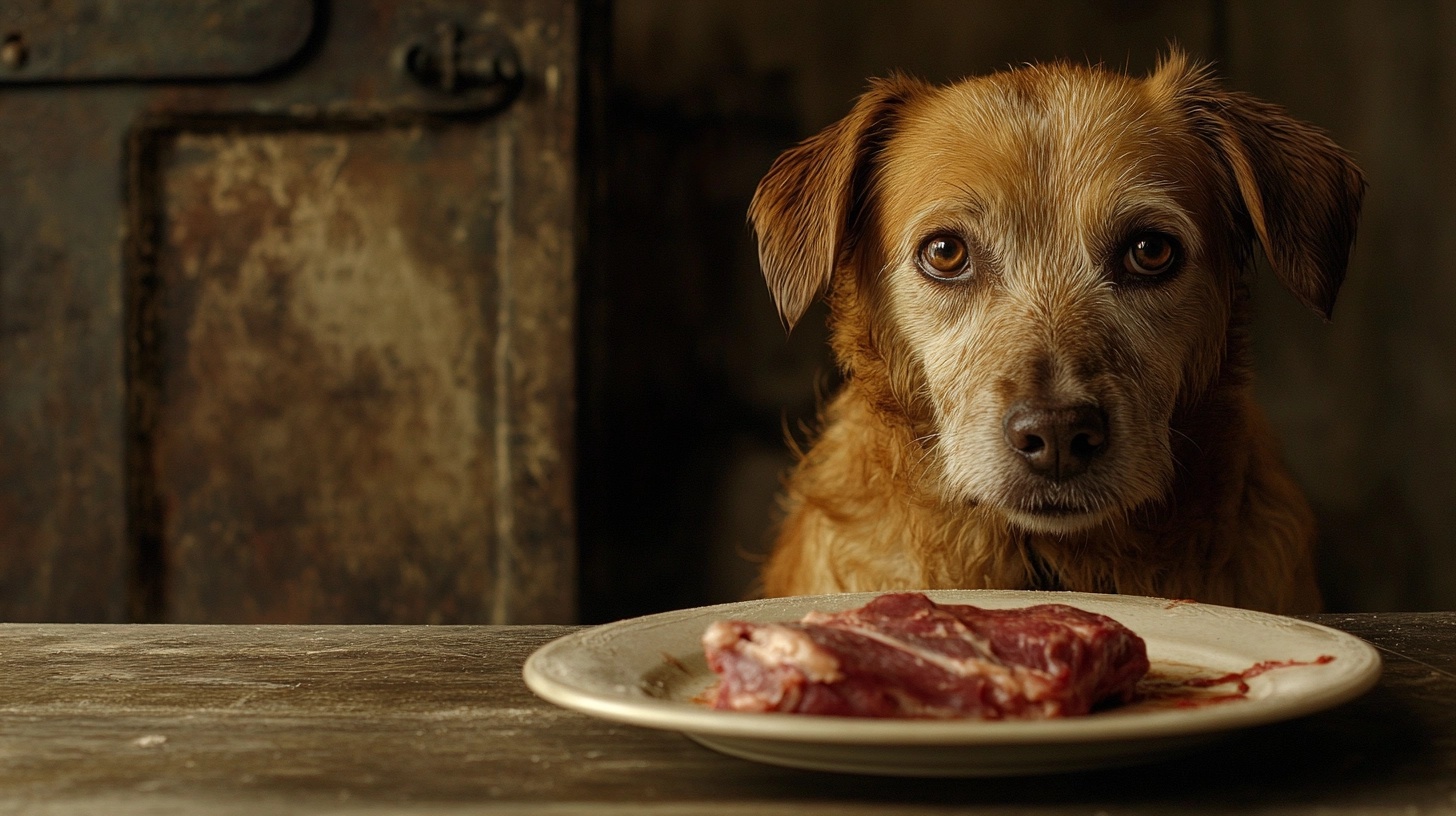How often do you take vitamins/supplements?
How often do you take vitamins/supplements? Perhaps it’s due to your age, or perhaps your doctor has prescribed a minor adjustment to your internal balance and health. A billion dietary supplements and beneficial additives surround us. But was the “MAGICAL” pill invented only for humans?
Of course not; in the pursuit of health, humans have not forgotten about our smaller brothers. Research and development in veterinary pharmacology are receiving significant financial subsidies. Let’s figure out what’s going on.
Let’s say your cat brought you kittens, accidentally got pregnant by the neighbor’s fluffy friend, and… you became the happy parent of four kittens. Why you? Let’s put it this way: in the animal world, there is no room for sentimentality and expectations. Since everything is simple there, the mother cat may not always feel the desire to raise the tiny, blind bundles, and may willingly pass this burden to the ever-loyal and accompanying human. In the absence of milk or health issues, she may stop feeding them or feed them less often. There are numerous options available, just as there are numerous situations to consider.
So, there are kittens, and there’s a mother cat too, but nominally, plus sleepless nights and the long process of feeding. Here, more than ever, the movie “Beethoven” comes to mind, where the children faced the situation of feeding and raising young puppies.
But what should you do? Essentially the same. The film, like a visual aid, reveals to us all the difficulties and problematic moments. Therefore, it’s unlikely that you have an extra breast full of cat milk, and it’s precisely in these moments that supplements, or cat milk substitutes, come in handy.

The company Royal Canin has developed a new technology for recreating cat breast milk for feeding—Royal Canin Baby Cat Milk. It helps with the satiety and development of young individuals.
From birth to weaning (up to 2 months), kittens should never receive a complete substitute for cat milk; cow’s milk is extremely dangerous for kittens.
– Lactose intolerance.
– Allergic reaction to foreign protein.
– High calorie content.
– The danger of containing harmful substances.
– The risk of contracting dangerous diseases
Now that we have mastered the art of milk preparation and feeding, what comes next? Kittens grow, and gradually their diet changes, which means that more and more additional products appear in it: If the owner is responsible and approaches the feeding of their pets wisely, they can transition from drying to healthy vegetables. But if not. Then he will simply take a trip to the nearest pet store and pick up a more or less suitable (in his opinion) food, and it would be good if he grabbed a couple of pouches with meat jelly along the way.

However, despite the food being available in both budget and premium segments, its usefulness is limited. Keep in mind that pet food, along with other pet products, operates as a large and sometimes dishonest business. Manufacturers often conceal the true composition of their product, reducing or, conversely, increasing the ratio of certain elements. Be attentive, read the ingredients, conduct small research, and rely on logic and common sense. Veterinarians, scientists, and researchers have published numerous studies and reports on DRY FOOD, showing that it negatively impacts pets’ health by exacerbating their heart and kidney conditions. The list of additives and substitutes, including synthetic taurine, is endless. Unfortunately, artificially created feed cannot replace a complete and healthy diet for a pet. And that is precisely why pet food manufacturers have taken it upon themselves to create dietary supplements that complement the pet’s diet with nutrients and minerals (trace elements).
Treats for pets contain vitamins B6, B12, sulfur for joints, skin, and fur, selenium for good appetite and normal well-being, niacin, choline, biotin, and many other components. The treat is used as a dietary supplement, and, in most cases, it is a freeze-dried product (such as soup products—kidneys, liver, heart, gizzards). You can also opt for dried meat, including chicken, turkey, rabbit, or beef. PORK—PROHIBITED FOR ANIMALS. If the manufacturer is honest and uses only natural products, then it does not carry any harm. The natural product’s low calorie content prevents it from impacting your pet’s weight, provided you provide it in appropriate quantities. Such supplements, in the form of treats, assist the animal in diversifying its diet and obtaining an additional source of energy.

Do all supplements come in the form of treats? No. Many manufacturers produce supplements for animals in the form of capsules and tablets. Large companies like Patent Co, VITAFOR, MixScience, Jefo, Arm&Hammer, and many others consistently strive to improve the composition of their bio-additives for animals, using increasingly natural products to bring the taste closer to the animal’s everyday experience. In addition to their attractive appearance and natural product flavoring, the supplements often incorporate bone meal into their composition to improve their taste quality. Moreover, there is an increasing emphasis on vitamins A, B (pantothenic and folic acid), riboflavin, and thiamine, as well as vitamins D, C, E, and K, which are essential for the normal functioning of cats and dogs. Gelatin capsules are made with the addition of animal products (beef, chicken, etc.) as well as plant compounds; they contain unsaturated fatty acids such as Omega-3 and Omega-6 (these are fish oil, salmon, and flaxseed oil, as well as borage seeds). This “Super Supplement” is simply a treasure trove: essential fatty acids that pets, due to a lack of enzymes, simply cannot produce to maintain normal vital functions. Omega-3/6/9 affects the functioning of the gastrointestinal tract and the immune system, supports growth and heart function, etc.
This is just a small group of dietary supplements that are used for pets. This leads us to the conclusion that supplements are necessary in the modern world, where we often have to choose ready-made pet food options. The veterinarian determines their quantity and composition based on the animal’s tolerance to various components. Stay with us and be healthy.

